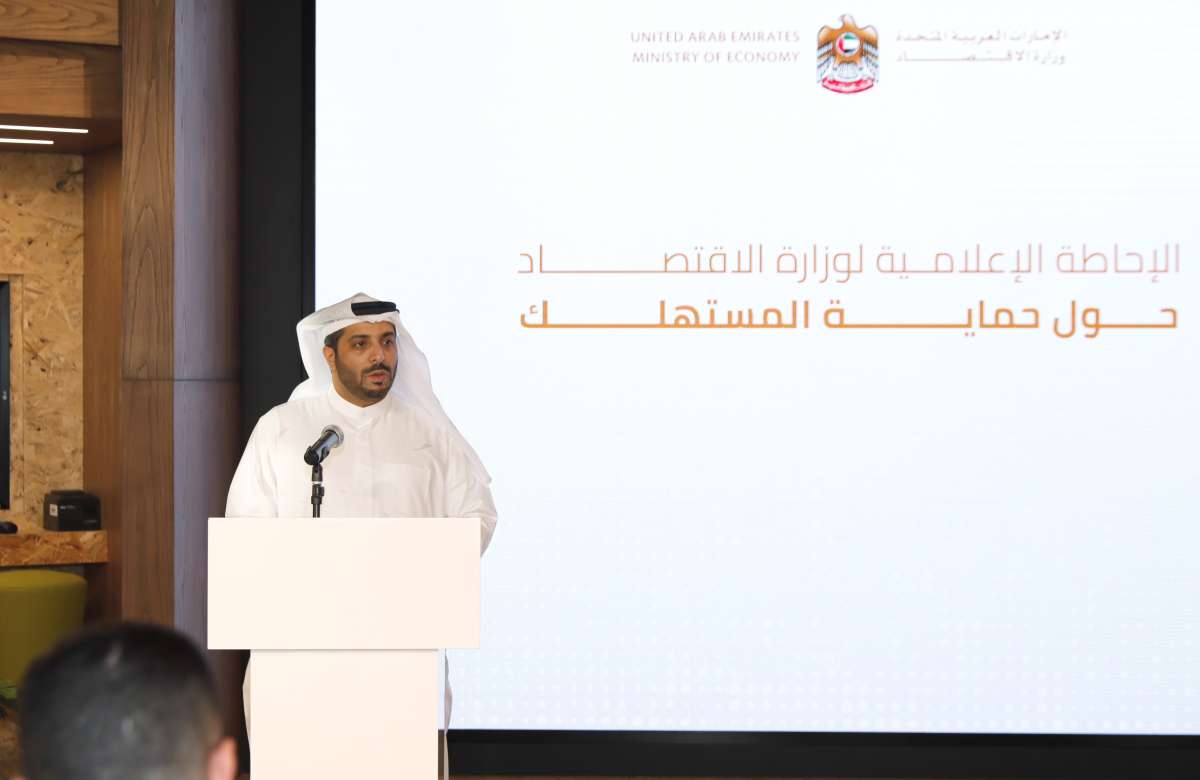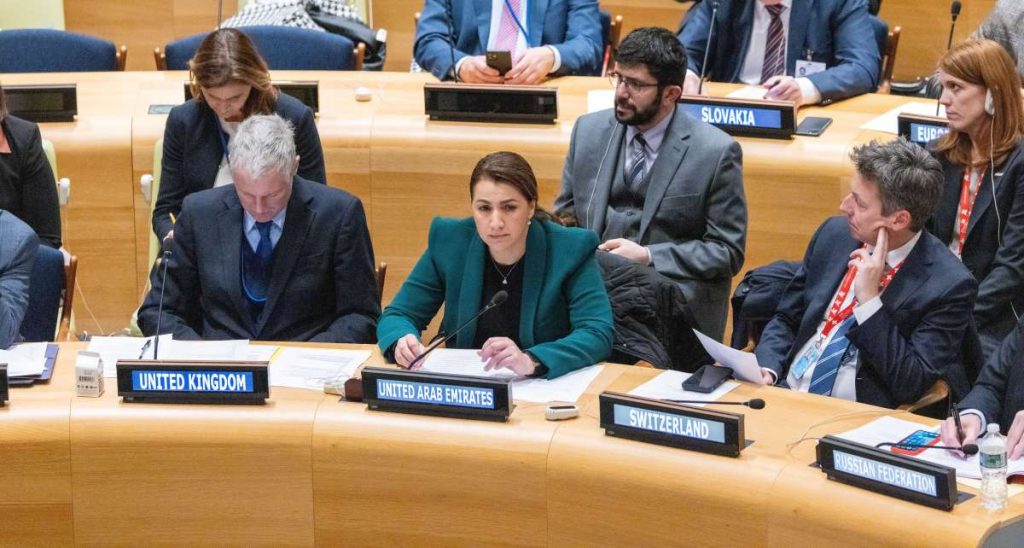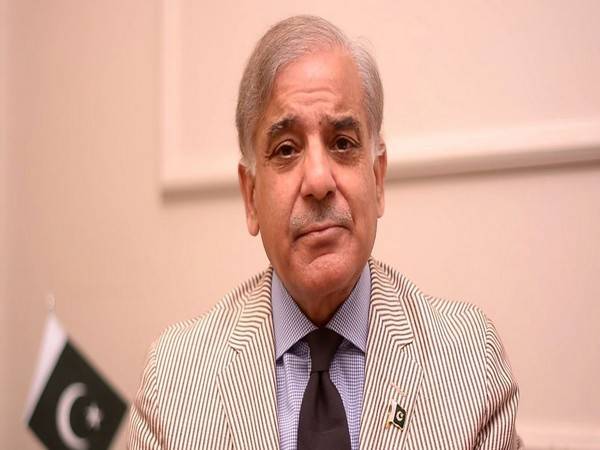Customers can avail discounts of up to 50 percent at coop branches and outlets. Discounts apply to nearly 6,000 commodities selected by these outlets and co-ops…reports Asian Lite News
Abdullah Sultan Al Fan Al Shamsi, Assistant Under-Secretary for the Monitoring and Follow Up Sector at the Ministry of Economy, emphasised that the UAE has a strong customer protection framework that upholds and ensures consumer rights and regulates markets to contribute to their stability and prosperity.
It also ensures the right balance between the rights of merchants and consumers in the country’s markets, Al Shamsi added in a statement he made during a media briefing, held by the Ministry of Economy to highlight its sustained efforts in the field of customer protection all-round the year, and especially during the Holy Month of Ramadan.
The media briefing shed light on the key initiatives undertaken by the Ministry in collaboration with its partners in the field of consumer protection.
Al Shamsi said, “The Ministry of Economy works alongside our federal and local government partners, especially the Supreme Committee for Consumer Protection, and communicates and coordinates with the cooperatives, the private sector and stakeholders in order to continuously develop the UAE’s consumer protection policies. Through these collective efforts, we set the necessary mechanisms and implement initiatives that guarantee their rights in accordance with the highest global standards and in line with the UAE’s Federal Law No. 15 of 2020 on Consumer Protection.”
Al Shamsi explained that the Ministry of Economy, represented by the Department of Consumer Protection, held 26 meetings with basic commodity suppliers in the UAE in 2023. These commodities include rice, flour, sugar, meat, poultry, fish, dairy products, juices, and others. The meetings were aimed at ensuring that there are sufficient stocks of these commodities to meet the needs of consumers during Ramadan.
Meetings were also held with the fruit and vegetables committees in Dubai and Abu Dhabi, in order to ensure that sufficient stocks of these products are available in the country’s markets. The daily consumption volume of fruits and vegetables in Dubai market is 19,000 tonnes, while the volume of fruit and vegetable imports in Abu Dhabi is nearly 6,000 tonnes. The currently available stock of fruits and vegetables in the country’s markets is 143,000 tonnes.
Al Shamsi explained that the Ministry of Economy will follow up on and monitor the initiatives announced by cooperative societies and sales outlets in the country, which include discounts on various commodity prices during Ramadan. Customers can avail discounts of up to 50 percent at coop branches and outlets. Discounts apply to nearly 6,000 commodities selected by these outlets and co-ops.
With regard to the monitoring of the market and sales outlets to assess the degree to which the merchants are adhering to the decisions issued by the Ministry of Economy regarding prices, Al Shamsi said that the relevant teams from the Ministry and the Departments of Economic Development conducted 94,123 inspections in the UAE’s markets in 2022, which found 4,227 violations.
He added that the Ministry and its partners conducted 8,170 inspections in the first few months of 2023, which detected 1,030 violations. Through these inspections, the relevant departments made sure that price tags are being displayed and quality products are offered to consumers, thus preventing instances of fraud and trademark infringements.
Al Shamsi emphasised that the UAE has adopted some of the best and most efficient policies to ensure the availability of strategic stocks of all basic commodities to effectively meet the needs of citizens, residents and visitors for longer periods. He attributed this achievement to the clear directives and unlimited support from the UAE’s wise leadership, which place the availability of essential food and medicine on top of the government’s priorities.
He said, “Despite the challenges faced by the global supply chains due to today’s political and economic developments, the Ministry of Economy made sure that no unjustified price hikes were implemented by suppliers. In addition, the methods for combating monopoly practices and supporting sound trade practices have also been strengthened.”
Moreover, Al Shamsi stated that through these proactive resolutions, the UAE aims to establish a fair and balanced relationship between the supplier and the consumer that would maintain the rights of all parties. These efforts will help enhance market stability and business continuity, and ensure the availability of essential commodities to consumers at all times.
Al Shamsi continued, “I would also like to emphasise that the availability of choices allows consumers to choose a product that suits their needs and budget, and enable them to switch from a specific brand to another when the price of one brand goes up or when its quality declines. This is important since purchasing decisions of consumers are a critical factor that influences price fluctuations, market direction, and the supply and demand dynamics.”
“Purchasing what is needed is the conscious consumer’s choice, while buying more than what is necessary is an irresponsible act, because it directly leads to misplaced expenses, higher prices, and waste of resources,” he noted.
Besides, Al Shamsi emphasised consumers’ key role as partners in enhancing consumer protection in the UAE. They can contribute to this goal by providing their feedback or suggestions to the Ministry of Economy and other relevant authorities through their communication channels, which are always open. Consumers can use these channels to file a complaint, report commercial malpractices or submit suggestions and ideas that contribute to developing the UAE’s consumer protection ecosystem. They can also reach out via the phone number 8001222.
As part of its continuing efforts in the field of consumer protection, the Ministry is set to announce a new set of initiatives in the next stage. This includes the issuance of the executive regulations of Federal Law No. 15 of 2020 on consumer protection, which will contribute significantly to supporting the legal reference to preserving consumers and ensuring the right balance between the rights of merchants, suppliers and sales outlets.
ALSO READ-CBUAE launches Digital Dirham strategy













